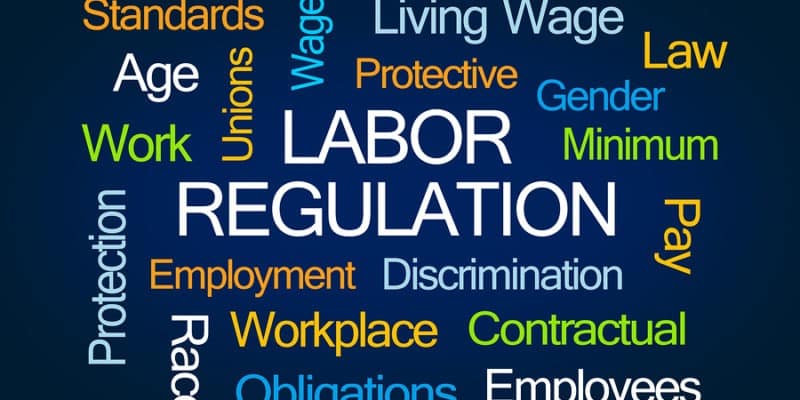Jan. 5, 2023 | bctv.org
In 2022, the Pennsylvania Department of Labor & Industry (L&I) investigated more than 4,500 complaints of alleged labor law violations and returned more than $8.5 million in earned wages to Pennsylvania workers whose employers violated a labor law, according to data released Tuesday by L&I Secretary Jennifer Berrier.
“Workers in Pennsylvania have the right to keep every cent they rightfully earn,” Berrier said. “The department’s Bureau of Labor Law Compliance holds employers accountable when they wrongfully deny workers their earned wages or when they violate any of Pennsylvania’s labor laws. From ensuring proper overtime wages are paid to protecting children from exploitative work, the bureau enforces 13 labor and employment laws that are essential to the protection and safety of every worker in the commonwealth.”
Most of the complaints investigated in 2022 and in recent years were relevant to the Wage Payment and Collection Law (WPCL), the Minimum Wage Act (MWA), the Prevailing Wage Act, (PWA), the Child Labor Act (CLA) and the Construction Workplace Misclassification Act (CWMA).
- Under the WPCL, the bureau investigates complaints filed by persons alleging nonpayment of wages, final paychecks or fringe benefits. In 2022, the bureau collected more than $6.6 million from about 1,200 employers in violation of the law and returned those dollars to workers, up from more than $2 million from about 900 employers in 2021.
- Under the MWA, the bureau investigates complaints alleging employers failed to pay minimum wage or overtime. In August 2022, the bureau also began enforcement of regulations largely affecting tipped employees. During all of 2022, the bureau collected $915,000 from 70 employers in violation of the law and returned those dollars to workers, up from $566,000 from 60 employers in 2021.
- Under the PWA, the bureau enforces requirements for prevailing wage rates on publicly funded construction projects. In 2022, the bureau determined more than 9,500 prevailing wage violations (up from 8,500 in 2021) and returned more than $1 million to workers who were not paid the proper prevailing wages on projects across the commonwealth.
- Under the CLA, the bureau investigates allegations of child employees engaged in prohibited occupations, working excessive hours, not receiving mandated break times, or working in dangerous conditions. In 2022, the bureau issued fines to more than 100 entities and collected $205,000 in child labor fines that were deposited into the general fund.
- Under the CWMA, the bureau investigates allegations of construction-industry employers misclassifying employees as independent contractors. In 2022, the bureau issued penalties to more than 125 construction-industry employers and collected$272,965 in fines. These funds are deposited into the commonwealth’s Unemployment Compensation Trust Fund.
Altogether in 2022, $8.5 million was returned to nearly 10,000 workers.
In December 2022, the Joint Task Force on Misclassification of Employees – a bipartisan-nominated group of volunteers representing business, labor, and government perspectives – submitted its final report to the General Assembly with 15 unanimous recommendations – including extension of the Construction Workplace Misclassification Act beyond the construction trades to cover other industries in the commonwealth.
Since 2015, the Bureau of Labor Law Compliance has collected $46 million in unlawfully withheld wages from employers and returned those dollars to the workers who earned them. During the same period, the bureau has collected nearly $3 million in fines from more than 1,000 contractors in violation of the CWMA and has collected $3.8 million in fines from 430 different entities in violation of the Child Labor Act.
In addition to the laws mentioned above, the bureau enforces the Prohibition of Excessive Overtime in Health Care Act, the Equal Pay Law, the Inspection of Employment Records Law, the Industrial Homework Law, the Seasonal Farm Labor Law, the Medical Fee Act, the Construction Industry Employee Verification Act and regulations on apprenticeship and training.
The Bureau of Labor Law Compliance includes 26 investigators, four supervisors and six central office staff who work in district offices located in Altoona, Harrisburg, Philadelphia, Pittsburgh and Scranton.





